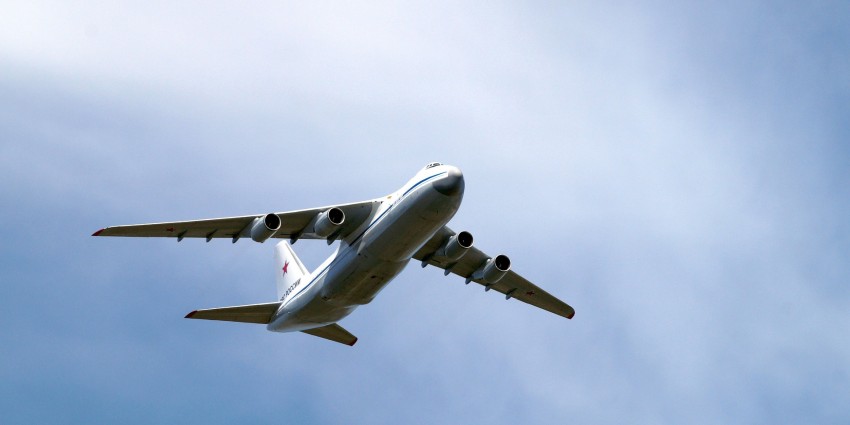In a 2012 article, Russian presidential candidate Vladimir Putin made his first public reference to the concept of soft power (although it had been previously discussed by many other Russian officials). Putin distinguished between legal and illegal instruments of soft power, indicating his approval of the former and condemnation of the latter.
This attitude, which I discuss in greater depth in my recent article featured as part of the Politics Special Issue on the Soft Power of Hard States, encapsulates the attitude toward soft power adopted by the Kremlin and Beijing, while simultaneously illustrating the complexities of their reaction to the construct. Both agree that it is no longer realistic to contemplate power as simply a matter of military capabilities along the line of much traditional realist theorizing. Rather, they concur, along with Harvard University professor and sometime US government official Joseph Nye, that the ability to project an attractive image is an important component of power for states in the contemporary international system. Nonetheless, soft power as Nye has articulated it, is undeniably a Western concept that reflects an unquestioned assumption as to the superiority of liberal norms and values.
Russia and China envision the implementation of soft power as a state project; they reject the notion that an autonomous civil society is the source of much soft power generation, as Nye asserts. They reject even more vehemently the soft power methods employed by the West, including democracy promotion and civil society initiatives, such as the establishment of non-governmental organizations, and the mobilization of targeted groups including youth. These are viewed as a manifestation of imperialism in another guise, with the end goal nothing less than regime change. In this sense, the soft power strategy of the West is perceived to pose nothing less than an existential threat to both Russian and Chinese political elites.
While it is to be expected that authoritarian states will be resistant to the norms and values of liberal democracy, I argue in my recent Politics article that China and Russia are authoritarian states of a specialized sub-category, inasmuch as they share a joint legacy of adherence to a Communist experience and a Marxist-Leninist ideology that continues to inform their perceptions and sense of identity.

